Lawn Fertilizer
cindy_s_cent_pa
19 years ago
Related Stories

GARDENING GUIDESGet on a Composting Kick (Hello, Free Fertilizer!)
Quit shelling out for pricey substitutes that aren’t even as good. Here’s how to give your soil the best while lightening your trash load
Full Story
EARTH DAYThe Case for Losing the Traditional Lawn
Work less, help the environment and foster connections by just saying no to typical turf
Full Story
GARDENING GUIDESHow to Switch to an Organic Landscape Plan
Ditch the chemicals for a naturally beautiful lawn and garden, using living fertilizers and other nontoxic treatments
Full Story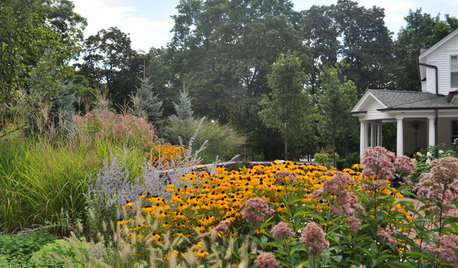
GARDENING GUIDESPacific Northwest Gardener: What to Do in September
Put in cool-weather veggies, fertilize your lawn and tidy the garden this month before chilly weather arrives
Full Story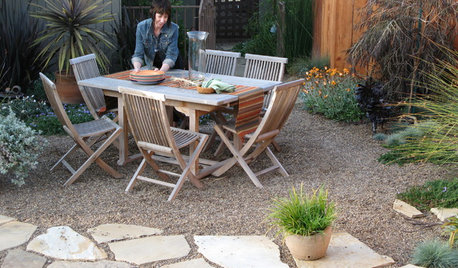
LANDSCAPE DESIGN15 Great Ideas for a Lawn-Free Yard
End the turf war for good with hardscaping, native grasses and ground covers that save water and are easier to maintain
Full Story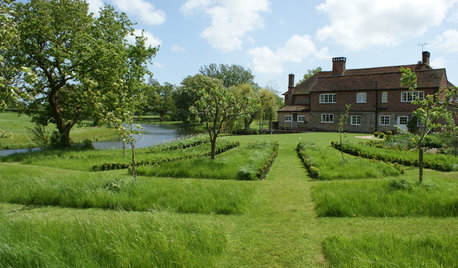
GRASSESHow to Rock a Lawn
Weekend Project: The key to healthy grass begins with the soil. If turf works for you, here’s how to fix it and keep it looking its best
Full Story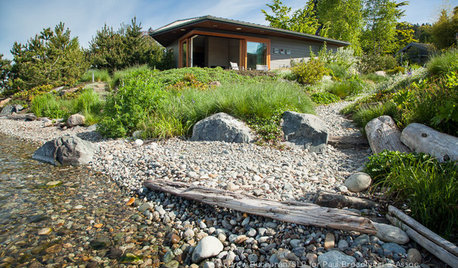
INSPIRING GARDENSLawn Gives Way to a More Natural Lakeside Garden
Meadow grasses, beach pebbles and driftwood replace turfgrass in a nature-friendly landscape on Lake Washington’s shore
Full Story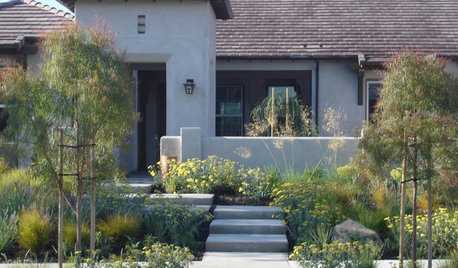
LANDSCAPE DESIGNGet Along With Less Lawn — Ideas to Save Water and Effort
Ditch the mower and lower your water bill while creating a feast for the eyes with diverse plantings and gathering places
Full Story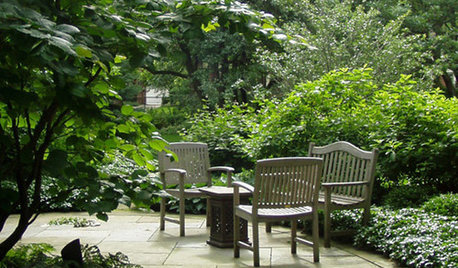
GARDENING AND LANDSCAPINGYour Yard: Are You Ready to Lose the Lawn?
Save time and water with good-looking alternatives to turf grass
Full Story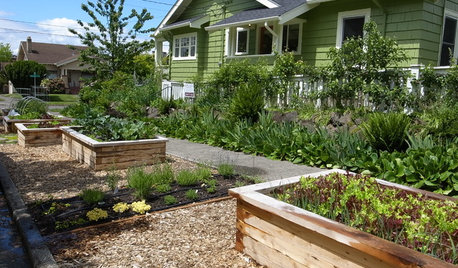
BEFORE AND AFTERSSee 6 Yards Transformed by Losing Their Lawns
Wondering whether a turf lawn is the best use of your outdoor space? These homeowners did, and they found creative alternatives
Full Story





jillmcm
northeastwisc
Related Professionals
Surprise Landscape Architects & Landscape Designers · Cary Landscape Architects & Landscape Designers · Forest Acres Landscape Architects & Landscape Designers · Kenmore Landscape Architects & Landscape Designers · Barrington Landscape Contractors · Bedford Landscape Contractors · Berkeley Heights Landscape Contractors · Byram Landscape Contractors · Hendersonville Landscape Contractors · Huntington Landscape Contractors · New Cassel Landscape Contractors · North Potomac Landscape Contractors · Smyrna Landscape Contractors · Four Corners Landscape Contractors · East Norriton Landscape ContractorsElaine_NJ6
Sully4
jillmcm
cindy_s_cent_paOriginal Author
jillmcm
vonyon
ericwi
Elaine_NJ6
John_D
DurtGrrl
vonyon
envirocop
Elaine_NJ6